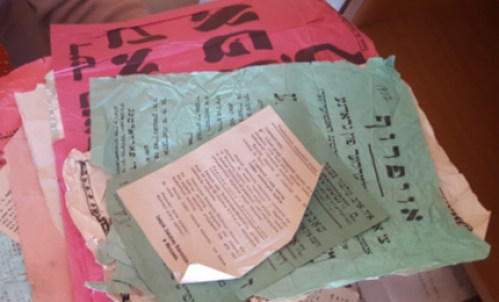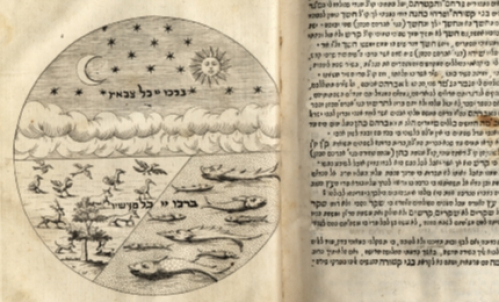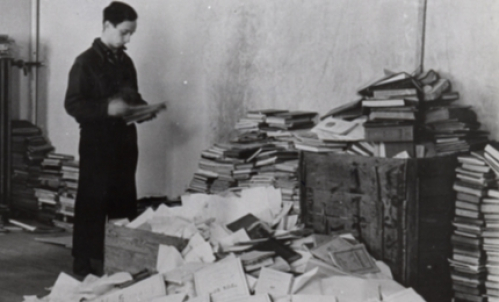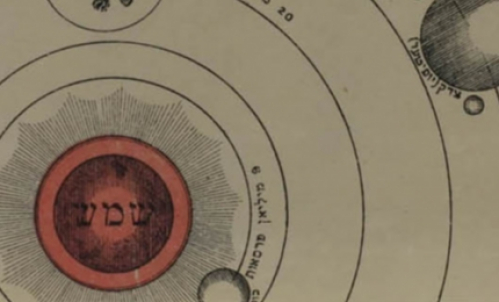World Premiere of No Asylum: The Untold Chapter of Anne Frank’s Story
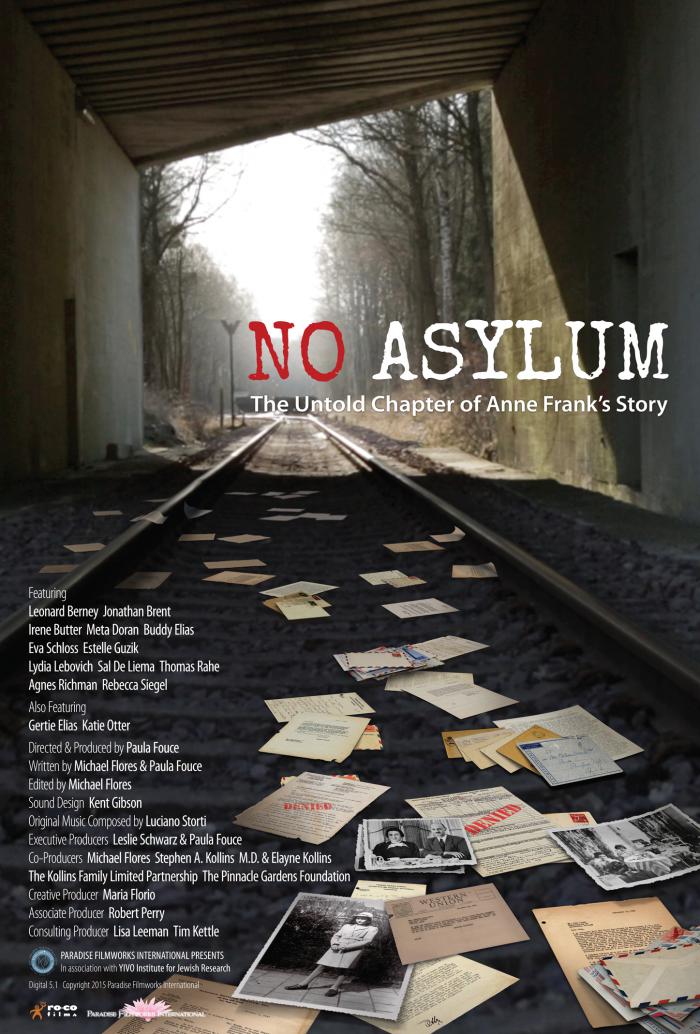
“Governments don’t look at refugees as individuals. And that’s how they become dehumanized.”
These words were spoken by Paula Fouce at the world premiere of her documentary, No Asylum: The Untold Chapter of Anne Frank’s Story, at YIVO on October 11.
The film, co-produced by Paradise Filmworks International and YIVO, is the dramatic and tragic story of Anne Frank’s father’s desperate attempts to secure American visas before going into hiding with his family in 1942. Based on recently-discovered letters by Otto Frank in YIVO’s archives, No Asylum interviews his surviving family about his efforts to seek refuge for his wife and children through friends, refugee boards and the U.S. State Department.
The documentary focuses on the consequences restrictive immigration policies in the U.S. and elsewhere had on the fates of one individual family. In his introduction, YIVO Executive Director Jonathan Brent remarked, “This is one story from our archives. But we have about 24 million documents: that’s 24 million stories.”
Estelle Guzik, the volunteer archivist who discovered the Otto Frank file in the HIAS (Hebrew Immigrant Aid Society) Records in the YIVO Archives, talked about the vastness of this one particular collection. “We’ve been working on organizing this collection to make it available to family history researchers and others for years. It’s 2,000 boxes and we’re at about box 1,000.”
The screening was followed by a conversation between the film’s director, Paula Fouce; Eva Geiringer-Schloss, Anne Frank’s stepsister; and Brent. Geiringer-Schloss was a childhood friend of Anne Frank’s, and her family went through a similar ordeal. Their hiding place in Amsterdam was discovered and they were deported to Auschwitz-Birkenau. Only she and her mother survived, and after the war, her mother and Otto Frank married.
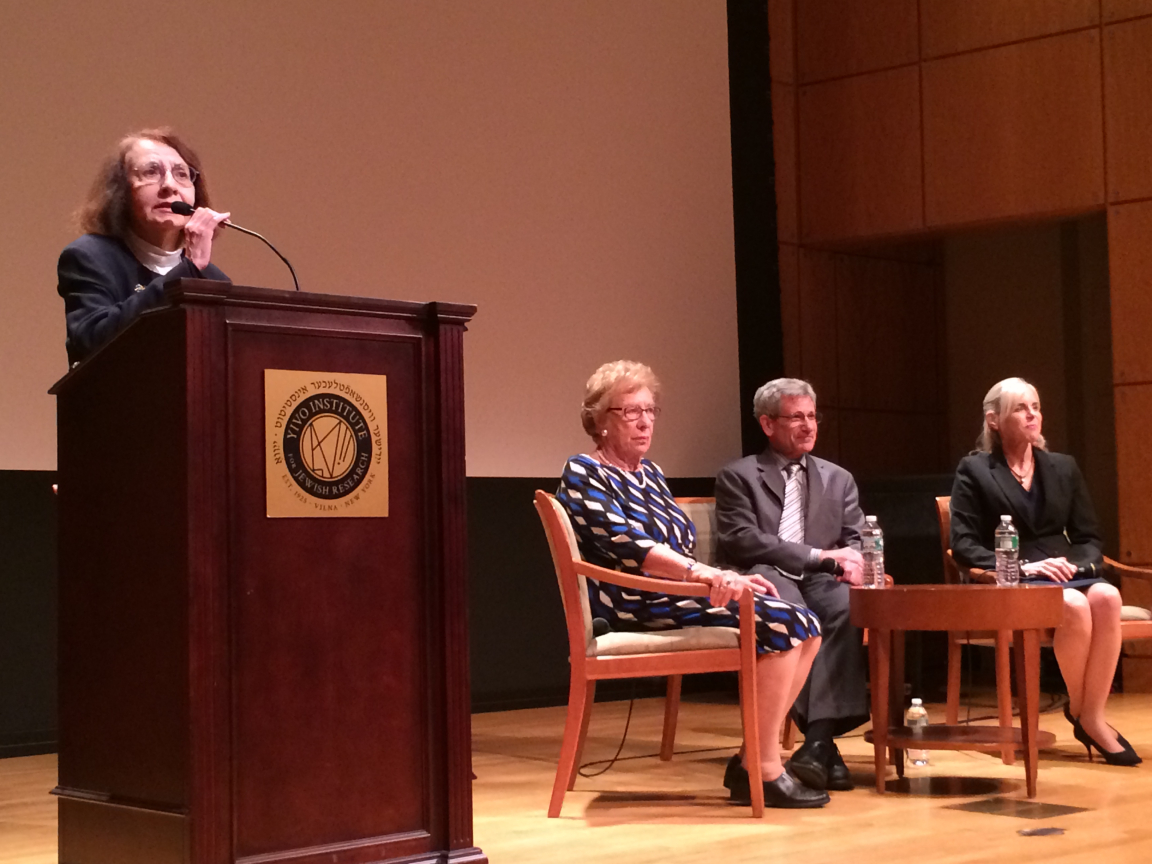
Geiringer-Schloss drew parallels between her own experiences and those of refugees from Syria today. “The film shows how desperately people tried to save themselves. Right now, we see the same thing: people walking through Europe trying to save their families, but no one will take them. People suffocating in trucks, babies dying in the ocean… We have learned nothing. The world needs to come together. Otherwise, we will be watching films a few years from now about this crisis.”
